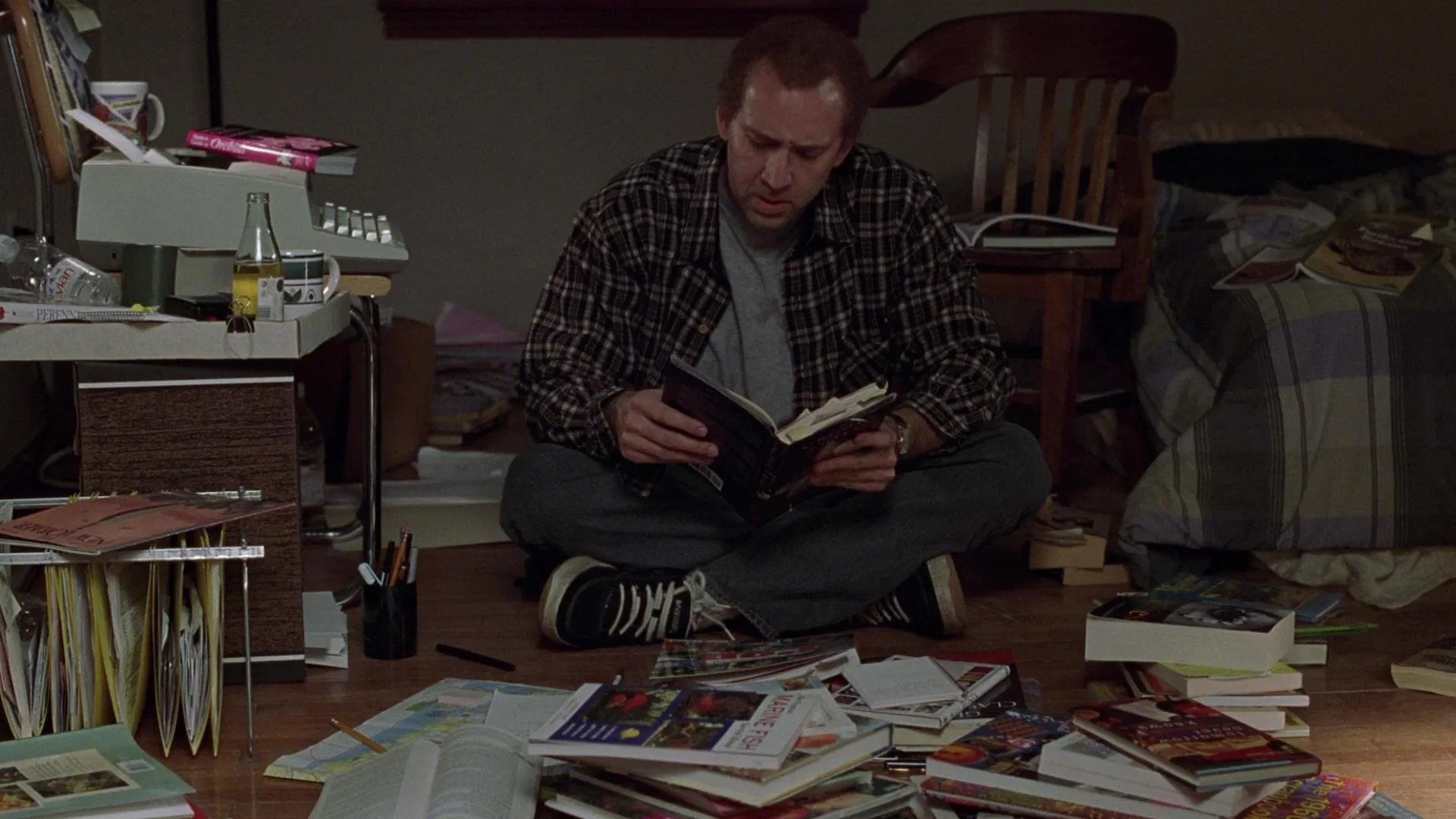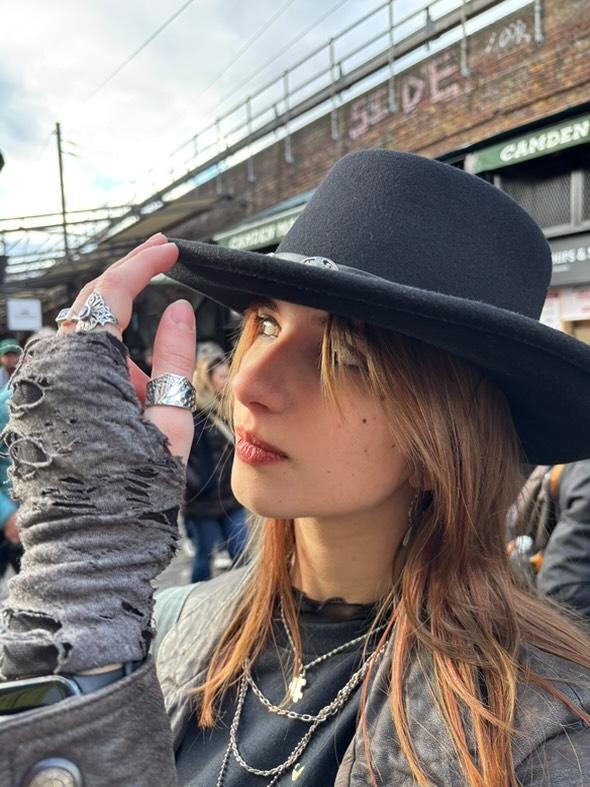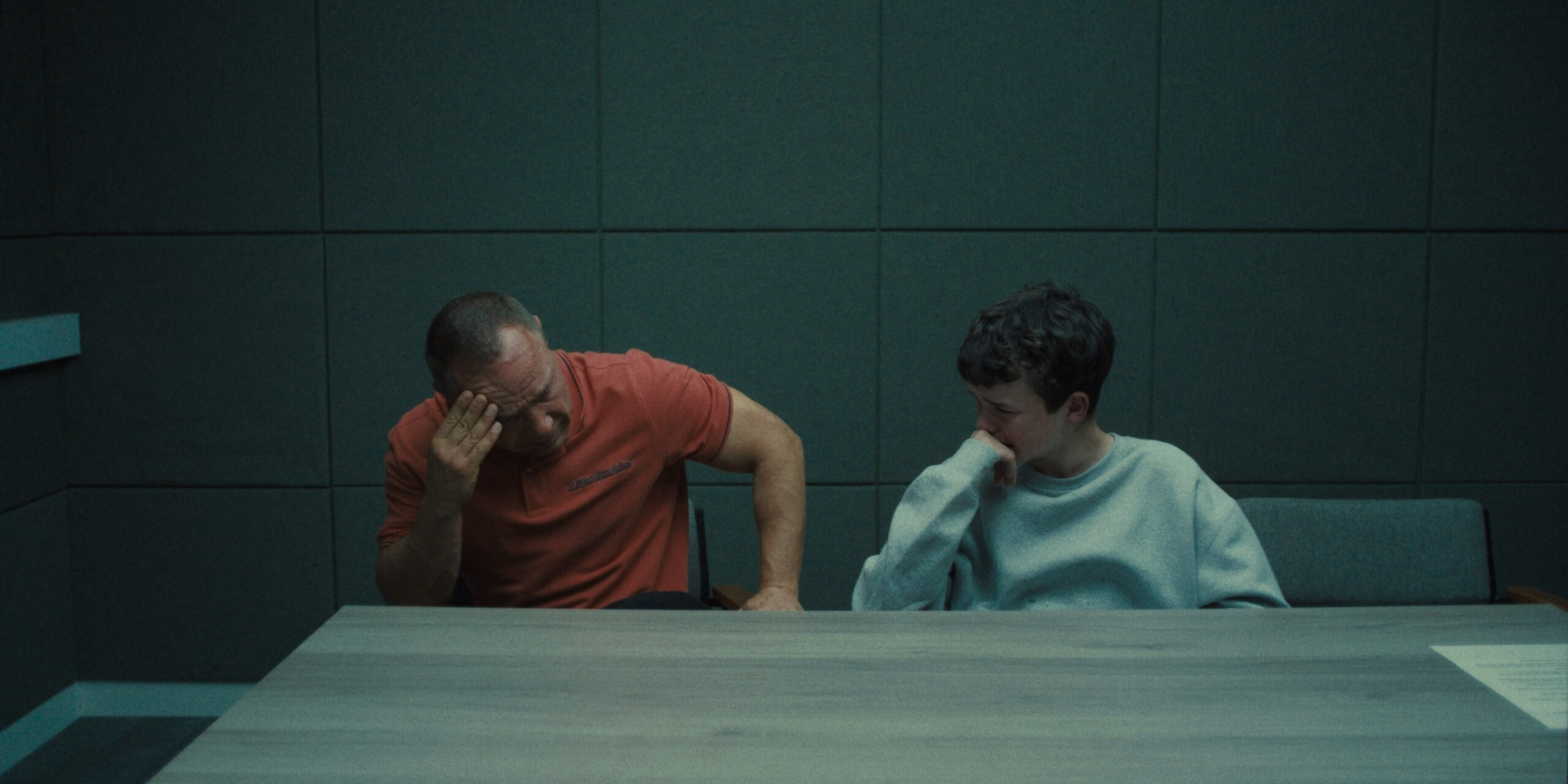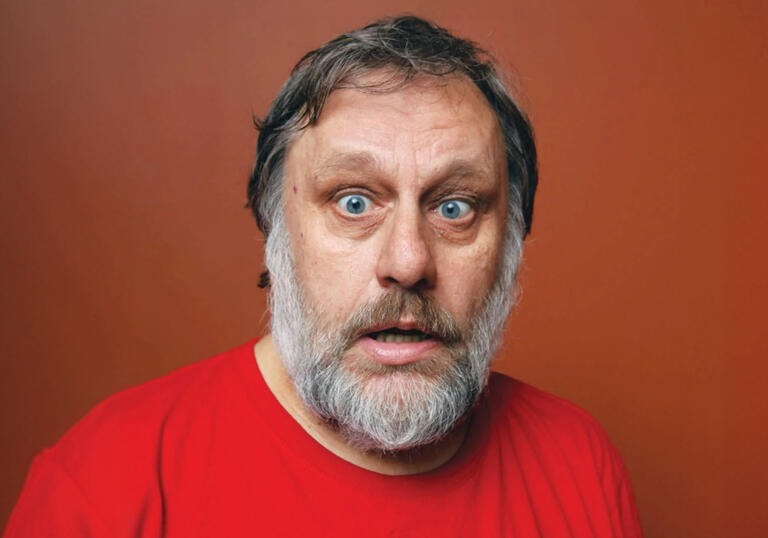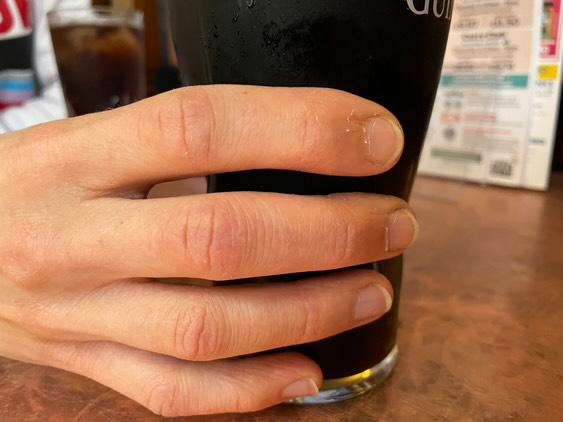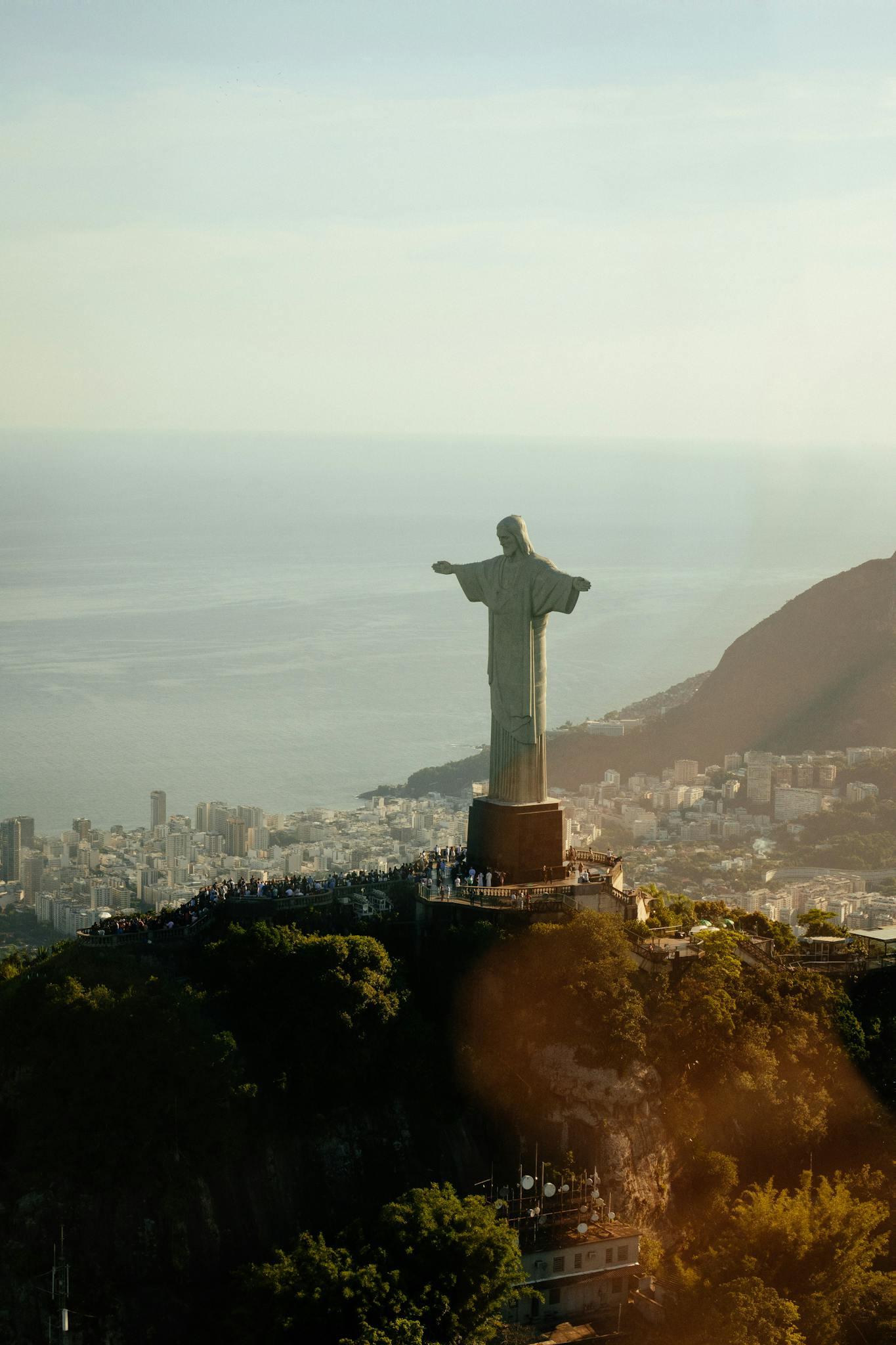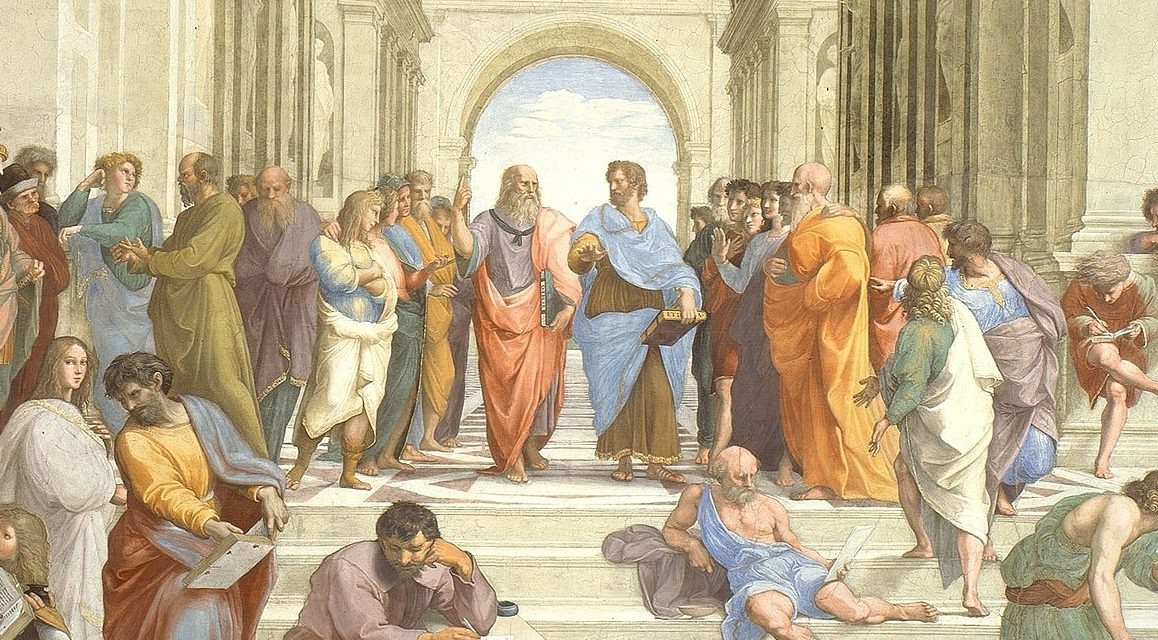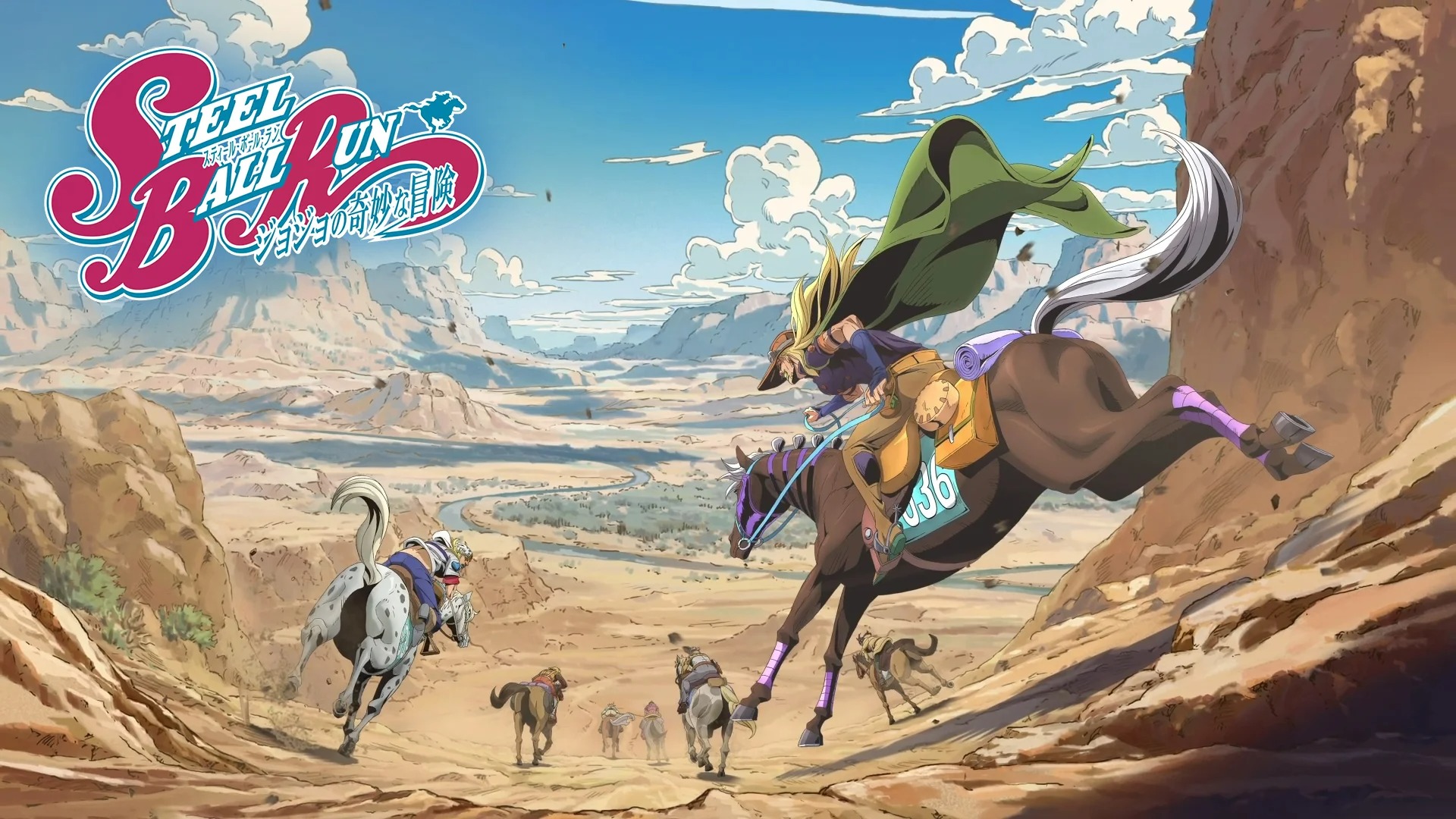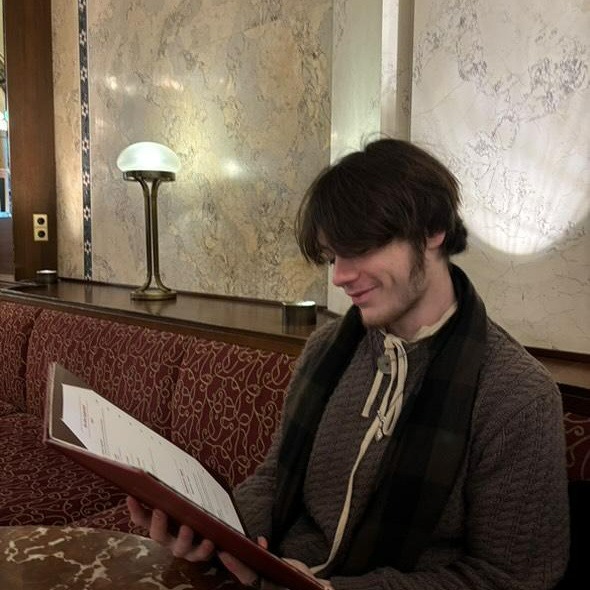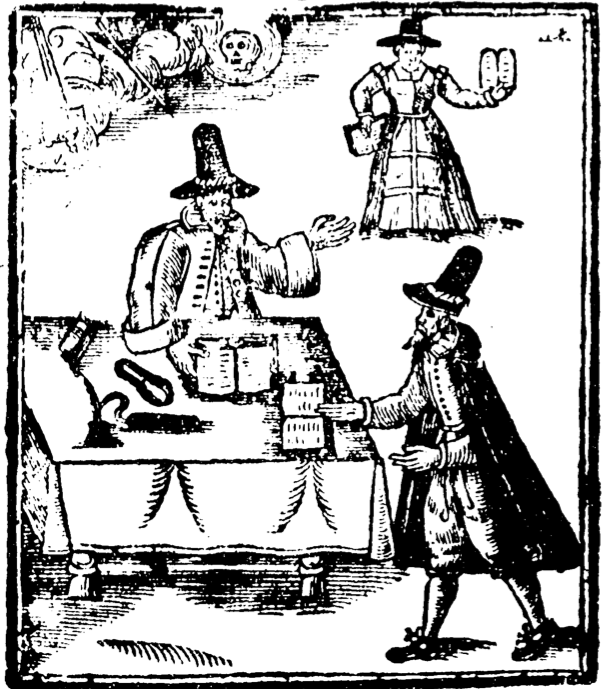
The Levellers: rebels with a cause
The word 'Leveller' entered the English lexicon long before it described a coherent political movement. It had first originated as a term of abuse directed at rural rebels resisting the enclosure of common land during the Midland Riots of 1607. Wealthier farmers fenced off fields with hedges to prevent common use. In response, villagers tore down these hedges. To “level” in these riots meant to remove barriers that denied access to what was believed to be rightfully held by all.
By 1647, a new radical political group had inherited its implied insult. Where they differed from the levellers of old, though, was that they set their sights beyond garden hedges and on the national governance of the country. They called for the removal of political barriers between classes – equality under the law and suffrage for all. They called for a constitution which all men were bound to.
Before, the Levellers were the name of a disorganised group of rebels in the English countryside. Now, it described a cohesive movement that threatened the dynamics of an already weakened English society.
By 1647, a new radical political group had inherited its implied insult. Where they differed from the levellers of old, though, was that they set their sights beyond garden hedges and on the national governance of the country. They called for the removal of political barriers between classes – equality under the law and suffrage for all. They called for a constitution which all men were bound to.
Before, the Levellers were the name of a disorganised group of rebels in the English countryside. Now, it described a cohesive movement that threatened the dynamics of an already weakened English society.

